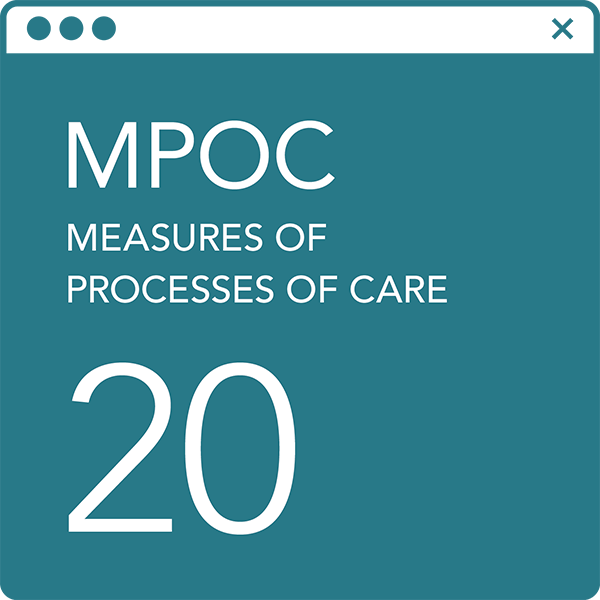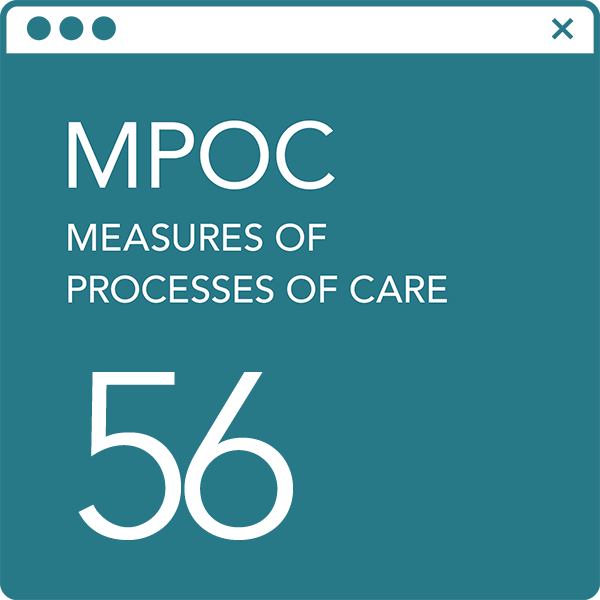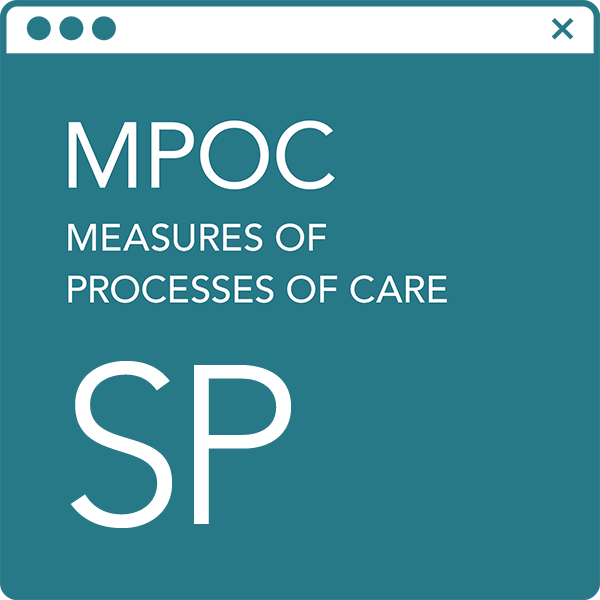Welcome to the May Recap edition of CanChild Today! As the spring flowers grow, so does our collection of resources. We are happy to start off the season with the release of the new Autism Classification System!
In this edition, we are also pleased to share exciting news from several CanChild scientists, opportunities, news items and recent publications from CanChild community members around the world.
Please feel free to share
CanChild
resources and this newsletter with family, friends and colleagues. They can subscribe to the
CanChild
Today
e-Newsletter for free by
registering here
. Our past issues are archived on the
|
|
 |
New Tool for Classifying Function in ASD
Researchers from
CanChild
at McMaster University have created a ground-breaking new tool to help categorize 'levels' of social communication skills among children with Autism Spectrum Disorder
(ASD). Their paper has recently been published electronically in Developmental Medicine and Child Neurology, the leading international child development and disability journal and is available as an open-access article
.
This tool, unlike many diagnostic tools and assessments for Autism Spectrum Disorder (ASD), is not a test. The Autism Classification System of Functioning: Social Communication (ACSF:SC), provides a standard and straightforward way for clinicians, therapists, teachers
, and parents to talk about what a child's social communication abilities are - what they CAN do rather than what they cannot.
The tool with an attached User's Guide is available as a free download
through the CanChild website. As Dr. Peter Rosenbaum, one of the co-founders of CanChild explains, its future uses in communication with families, and in clinical services, research, and policy-making are very exciting!
|
 |
In the News & Around the Web...
We would like to congratulate Chantal Camden, who has just received a four-year salary award from the Fonds de Recherche du Québec - Santé (FRQS). Formerly a post-doctoral fellow with CanChild (2012-14), Chantal is now an Assistant Professor at Sherbrooke University. This award will protect 75% of her time to focus on the excellent research that she has been doing! Among other projects, Chantal is actively working with CanChild scientists on the Partnering for Change project and also on a knowledge synthesis, co-led by Dana Anaby.
The Partnering for Change project team has received a grant from Ontario Ministry of Education and Ontario Ministry of Children and Youth Services. This grant is a collaboration between Cheryl Missiuna, the Partnering for Change team and Anthony Levinson and his team at the Division of e-Learning Innovation at the Michael G. DeGroote School of Medicine. The funding will enable the development of a series of evidence-informed, interactive, web-based educational materials to support health care professionals who will be delivering integrated, tiered rehabilitation services in schools in Ontario. Congratulations to CanChild Scientists Cheryl Missiuna (Principal Investigator), Wenonah Campbell, Nancy Pollock, Robin Gaines, and Sheila Bennett for your award.
|
 |
Featured Tools of the Month: MPOC Online Surveys
 |
The Measure of Processes of Care (MPOC) 20 is a 20-item self-report measure of parents' perceptions of the extent to which the health services they and their children receive are family-centred.
The
online version is available for direct integration into RedCap, LimeSurvey, or FluidSurvey software.
|
 |
The
Measure of Processes of Care (MPOC) 56 is the original 56-item self-report measure of parents' perceptions of the extent to which the health services they and their children receive are family-centred.
The
online version is available for direct integration into LimeSurvey or FluidSurvey software.
|
 |
The online version is available for direct integration into RedCap, LimeSurvey, or FluidSurvey software.
|
|
 |
|
Recent Publications by CanChild Members
The Participation and Environment Measure for Children and Youth (PEM-CY) measures children's participation and environmental factors that limit participation. The PEM-CY is used in North America. It is now time to introduce it to other cultures. Occupational therapists in South Korea wanted to use the PEM-CY for their patients. So our team worked with a team of South Korean occupational therapists to translate and modify it to Korean language and culture. Whenever something gets translated, it is important to test it to make sure that nothing gets lost in translation. When we tested it, the results showed that the Korean PEM-CY is as accurate and precise as the English PEM-CY.
Authors: Jeong Y, Law M, Stratford P, DeMatteo C, Kim H. Disability and Rehabilitation. 2016;:1-12. DOI: 10.3109/09638288.2015.1123302.
Youth with disabilities have a harder time participating in community leisure activities than youth without disabilities. There are a lot of questions surrounding how to get youth with disabilities to participate. Our team tested whether or not modifying a person's environment, rather than their abilities, changes how well/how much they participate. To test this, six teenagers took part in a three-month therapy program. This program focused on removing environmental barriers and coaching parents. The teens selected one participation goal to work on for each month of the program. At the end of the therapy program, participation was improved in 75% of the goals. This study helped provide evidence that modifying a person's environment works well to increase their involvement in community leisure activities.
Authors: Anaby D, Law M, Majnemer A, Feldman D. Canadian Journal of Occupational Therapy. 2015;83(2):83-90. DOI: 10.1177/0008417415608653
Health-related quality of life (HRQoL) is something that researchers like to measure because it gives a big picture about how somebody's health condition affects their quality of life. In children with epilepsy, this is an important thing to measure. When studies are done, they often try to get results that can be used for many people. This study tested if the new Quality of Life in Childhood Epilepsy Questionnaire (QOLCE-55) works for all children and young adults with epilepsy. The study found that children from many places, ages and genders interpret the questions the same way. This means the QOLCE-55 allows scientists to make meaningful comparisons on quality of life in children with epilepsy.
Authors:
Ferro M, Goodwin S, Sabaz M, Speechley K. Measurement equivalence of the newly developed Quality of Life in Childhood Epilepsy Questionnaire (QOLCE-55). Epilepsia. 2016;57(3):427-435. DOI: 10.1111/epi.13296.
|
 |
Canadian Anti-Spam Legislation
You are a member of the CanChild Today electronic newsletter generated by CanChild at McMaster University. If you believe that you should not be a recipient, you may withdraw your consent to receive these messages at any time, in accordance with Canadian Anti-Spam Legislation (CASL) and subject to McMaster University policy, by contacting the sender of this message, or by clicking on the 'SafeUnsubscribe' link at the bottom of this newsletter.
|
|
|
|
|